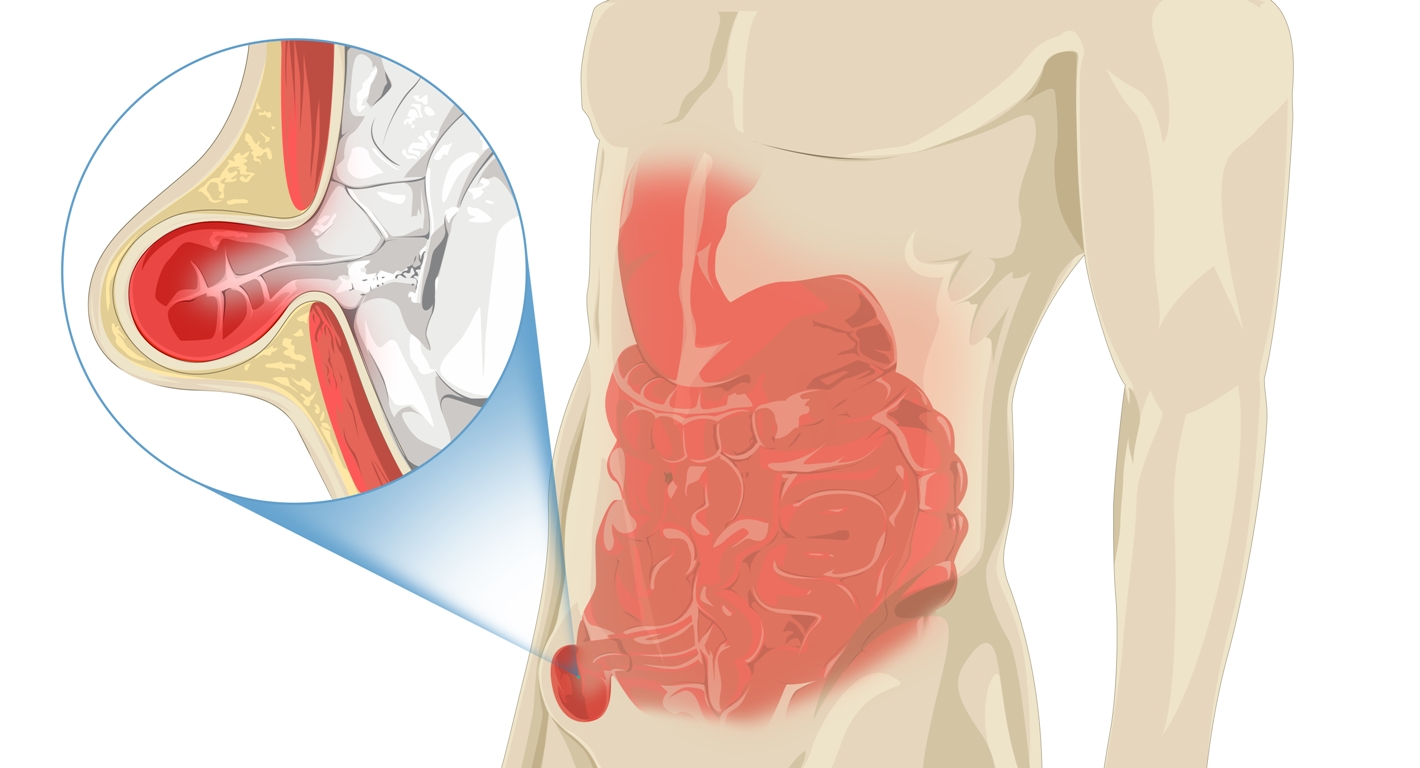Introduction
Hernia surgery is a common procedure that many individuals undergo to repair weakened abdominal muscles and prevent the protrusion of organs through the abdominal wall. While the surgery itself is crucial for health and well-being, it can leave patients with concerns about weight gain and the accumulation of belly fat after recovery. If you’ve had hernia surgery and are looking to shed that post-surgery belly fat, this article is here to help. We’ll explore safe and effective ways to lose belly fat while ensuring a smooth and healthy recovery.
Understanding Hernia Surgery
Before diving into post-surgery belly fat loss strategies, it’s important to understand the nature of hernia surgery and how it can impact your body.
Hernias is a condition that occurs when an organ or tissue protrudes through a weak spot in the abdominal wall muscles. Hernia surgery, often performed as a hernioplasty or herniorrhaphy, involves repairing these weakened muscles and reinforcing the abdominal wall. This surgical procedure can leave patients with abdominal discomfort, swelling, and limited physical activity during the recovery period.
Due to the restrictions placed on physical activity immediately after surgery, it’s common for patients to experience changes in their body composition, including weight gain and the accumulation of belly fat. However, it’s important to remember that these changes are typically temporary and can be addressed with the right strategies.

Losing Belly Fat Safely After Hernia Surgery
- Follow Your Surgeon’s Advice
The most crucial step in post-surgery recovery is to follow your surgeon’s advice meticulously. They will provide specific guidelines on when you can resume physical activities and exercise. It’s essential to adhere to these recommendations to avoid complications and ensure proper healing. Attempting strenuous activities too soon can lead to post-operative complications or worsen the hernia repair.
- Gradual Return to Physical Activity
Once you get the green light from your surgeon, start with gentle, low-impact exercises. Activities like walking, swimming, and gentle stretching can help improve blood circulation, reduce swelling, and promote healing without straining your abdominal muscles. Gradually increase the intensity and duration of your execises as your body becomes more accustomed to the activity.
- Focus on Nutrition
Nutrition plays an important role in weight management and belly fat reduction. After hernia surgery, it’s essential to maintain a balanced diet that supports healing and minimizes fat gain. Consider the following dietary tips:
- Prioritize lean protein sources like poultry, fish, tofu, and legumes to support muscle recovery.
- Incorporate plenty of fruits and vegetables for essential vitamins, minerals, and fiber.
- Choose whole grains over refined carbohydrates to stabilize blood sugar levels and reduce cravings.
- Monitor portion sizes to avoid overeating and weight gain.
- Stay hydrated.
- Avoid Overeating and Mindful Eating
Post-surgery, it’s easy to turn to comfort food or overeat due to stress, boredom, or discomfort. Practice mindful eating by paying attention to your body’s hunger and fullness hints. Eat slowly, and stop eating when satisfied, not overly full. This approach can help prevent excess calorie intake and promote better digestion.
- Incorporate Core-Strengthening Exercises
As you progress in your recovery and gain confidence in your abdominal muscles’ strength, consider incorporating core-strengthening exercises. These exercises can help tone your abdominal muscles and reduce belly fat. Start with gentle exercises like pelvic tilts and gradually progress to more advanced moves like planks and leg raises. Always consult with your surgeon or a physical therapist before starting any new exercise program.
- Cardiovascular Exercise
Cardiovascular or aerobic exercises like jogging, cycling, and dancing can aid in overall fat loss, including belly fat. These activities increase your heart rate and help burn calories. Start with low-intensity cardio workouts and gradually increase the duration and intensity as your body permits.
- Stress Management
Chronic stress can lead to obesity, particularly around the belly area. After hernia surgery, it’s crucial to manage stress effectively. Practices such as deep breathing exercises, meditation, or engaging in hobbies can help reduce stress levels and promote overall well-being.
- Get Adequate Rest
Rest is a crucial component of post-surgery recovery and weight management. Ensure you get enough quality sleep, as lack of sleep can disrupt hunger hormones and lead to weight gain. try to get 7-9 hours of restful sleep per night to support your body’s healing and fat loss processes.
- Stay Hydrated
Proper hydration is significant for overall health and can also aid in weight management. Try drinking water before meals, it can help to reduce appetite and prevent overeating.
- Seek Professional Guidance
If you’re trying hard to lose belly fat or have specific concerns about your post-surgery recovery, consider consulting a healthcare professional. They can provide personalized advice and provide you with a specific plan to help you achieve your weight and fitness goals safely.
Conclusion
Losing belly fat after hernia surgery is a gradual process that requires patience, commitment, and adherence to your surgeon’s guidelines. Remember that your body needs time to heal, and it’s essential to prioritize your recovery and well-being during this period. With the right combination of exercise, nutrition, and lifestyle adjustments, you can safely shed that post-surgery belly fat and improve your overall health and confidence.
If you’re in need of exceptional hernia treatment in Chembur, Mumbai, look no further than Dr. Debashish Das, a distinguished Laparoscopic, Endoscopic, and General Surgeon with over 40 years of experience.
Dr. Das is renowned for his expertise and commitment to patient care, offering state-of-the-art surgical techniques and personalized treatment plans to ensure the best outcomes. With a focus on minimally invasive procedures when suitable, he prioritizes patient comfort and swift recovery.
When you consult Dr. Debashish Das, you can trust that your hernia treatment will be tailored to your unique needs and delivered with the utmost dedication to your health and well-being, helping you regain your quality of life with confidence.

Leave a Reply